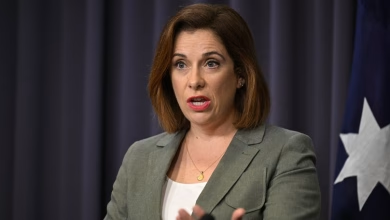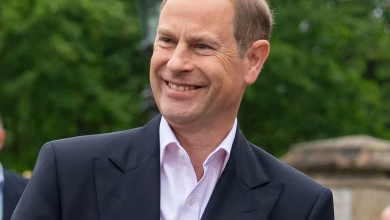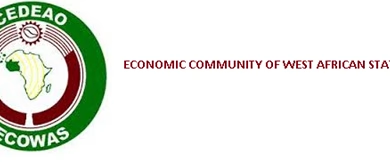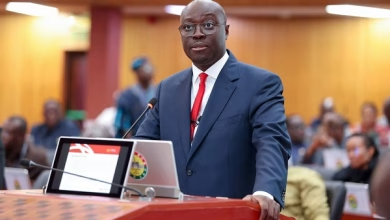Bono Region Records Over 14,000 Teenage Pregnancies Between 2021 and 2024
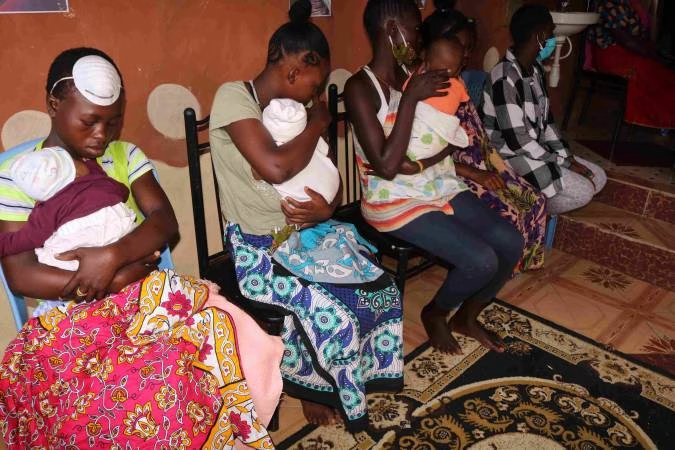
- 14,877 teenage pregnancies and 1,188 abortions recorded in Bono Region from 2021 to 2024
- FP coverage increased to 39.58% in 2024, up from 36.45% in 2023
- Barriers to FP access include myths, community resistance, and cultural/religious beliefs
Between 2021 and 2024, the Bono Region recorded a total of 14,877 teenage pregnancies, according to Rita Adjoa Ansong, Deputy Director of Nursing Services (Public Health) at the Bono Regional Directorate of Health.
She also reported 1,188 abortion cases involving girls aged 15 to 19 within the same period.
Miss Ansong shared these statistics during a stakeholders’ meeting held in Sunyani as part of activities commemorating African Vaccination Week (AVW) and Child Health Promotion Week (CHPW), organized by the Bono Regional Directorate of Health.
Breaking down the figures, she noted that the region recorded:
- 3,999 teenage pregnancies and 388 abortions in 2021
- 4,058 pregnancies and 351 abortions in 2022
- 3,492 pregnancies and 217 abortions in 2023
- 3,328 pregnancies and 282 abortions in 2024
Describing the trend as alarming, Miss Ansong called for collaborative efforts to expand Family Planning (FP) coverage among sexually active teenage girls in the region to help curb the rising numbers.
She emphasized that family planning gives girls the power to make informed decisions about their sexual and reproductive health, enabling them to pursue their education.
Miss Ansong also highlighted persistent challenges such as myths and misinformation, lack of community support, and deeply rooted cultural and religious beliefs, which hinder access to FP services.
She revealed that in 2024, FP service coverage in the region reached 39.58 percent of the target population—women and girls of reproductive age—an increase from 36.45 percent in 2023.
This 0.08 percent increase in the FP acceptor rate, she said, was due to strengthened partnerships, a steady supply of contraceptives, and the re-registration of users of long-acting reversible contraceptives (LARCs).
She also credited organizations such as Marie Stopes, DKT, and the Planned Parenthood Association of Ghana (PPAG) for providing free contraceptive commodities, which contributed significantly to the rise in acceptor rates.
Miss Ansong reiterated that family planning empowers women and girls to make informed life choices, promoting healthier pregnancies and reducing maternal mortality. She urged stakeholders and the media to intensify public education and address the barriers preventing access to FP services.
Earlier at the event, Dr. Prince Quarshie, Deputy Director of Public Health at the Bono Regional Directorate of Health, stated that the meeting aimed to raise stakeholder and public awareness about the importance of immunization and comprehensive child health services available nationwide.
He noted that the forum also fostered stronger collaboration among key actors including government institutions, development partners, community leaders, healthcare professionals, and the media.
African Vaccination Week (AVW), launched by the World Health Organization (WHO) in 2010, is observed annually from April 24 to 30 to promote immunization as a critical public health tool.
Dr. Quarshie added that Child Health Promotion Week (CHPW), initiated by the Ministry of Health in 2004, takes place from May 5 to 9 each year and focuses on improving child nutrition, immunization, and preventive health care for children under five.



